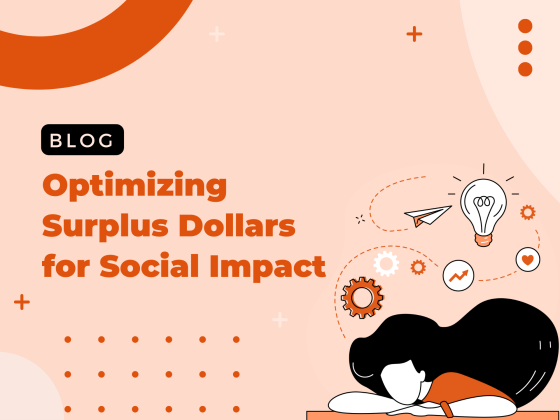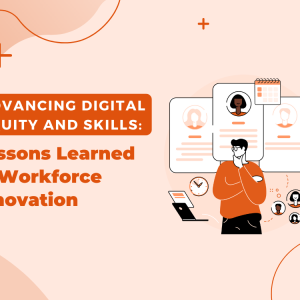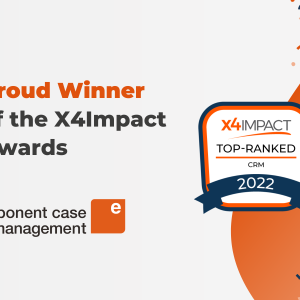Optimizing Surplus Dollars for Social Impact
At this time of year, as a nonprofit leader, you are probably reviewing fiscal variance reports from the first six months of Fiscal Year 2023. These reports will tell you where your finances stand relative to what was predicted in the board-approved budget for the organization, likely completed and approved back in May or June of 2022.
This fiscal year has likely gone as planned for most nonprofits: no significant destabilizing events, like COVID, and seemingly minimal impact inflicted by the economy and the stock market’s 2022 performance relative to individual and private foundation giving. At the same time, there have also been growth opportunities: government contracting, in particular, has looked to invest in areas like workforce development, homelessness services, immigration services, and mental health care, to name a few. Further, hiring challenges have persisted well into this fiscal year, likely creating notable salary accruals. As a result, you may be noting surpluses year-to-date.
In these cases, you quickly start to think of how to invest surplus dollars. There are numerous, competing priorities: raises for staff; the need for greater infrastructure; and capital issues, to name just a few. However, what if an investment could be made that would a) improve staff recruitment, morale, and retention; b) ease the burden on existing infrastructure; and c) provide significantly more meaningful and accurate data for future fundraising?
Exponent Partners’ Exponent Case Management (ECM) is built on the world’s leading CRM platform, Salesforce. Whether you need an out-of-the-box case management system in as little in 6 weeks or need a custom configuration to meet your unique needs, your nonprofit can expect to reap the following benefits:
Staff Recruitment and Retention: Yes, today’s workforce wants to be paid what they believe they are worth, but they also want technological solutions that optimize their efficiency, thereby ensuring a sense of professional impact, as well as work/life balance. ECM allows an organization to streamline its program processes and data collection, saving employees significant time that can be put toward serving additional clients. Further, this system’s reporting functionality would prevent staff from having to drop everything when a report was due, and again focus strictly on service delivery to participants. This reporting functionality also rolls up into employee dashboards that will provide employees with a visual representation of their impact every time they log into the system. Finally, Exponent Partners also has a number of tools that guide migration from funder-mandated systems, making double data entry a thing of the past, and ECM offers optimal mobile capability, making community-based work and remote work both easy and secure.
Supporting Infrastructure: Dashboards can also be designed for managers, allowing them to efficiently and effectively manage program staff toward their annual development goals and manage program development toward greater and greater impact. Speaking of impact, Development teams can also have dashboards, significantly and positively impacting the amount of effort it takes to produce reports to existing funders and proposals to new ones. Finally, Exponent Partners’ Customer Success Center minimizes the impact of system implementation on your IT Department. Most organizations do not need a System Administrator to support full optimization of system implementation and further customization post launch. The Customer Success Center offers packages with varying hours of support to meet the specific post-implementation needs of each customer.
Meaningful and Accurate Data: Similar dashboards would provide Development with all the statistics needed for new proposals and current funders’ reports, efficiency that would provide development staff time for additional grant writing. Further, this is also the time in the Fiscal Year when you are working with the Development team on the organization’s annual report. Imagine if the agency-wide statistics – not just service numbers but also data that spoke to programs’ impact – you want for this report were at your fingertips. This publication would take a fraction of the typical time invested every year. Such dashboards would also alert Development to programmatic challenges early in grant cycles, which could in turn, inform proactive conversations with funders and maintain positive relationships with these key philanthropic resources.
With an investment in Exponent Case Management, you can truly address the most common pain points within your organization and set the stage for tremendous future success, both for the organization and the individuals you serve. Reach out to us and we’ll work through how we can help you achieve your mission and make an impact.
Greg Rideout has a 25-year career in nonprofit management, including the last 20 years leading youth education and workforce development programming in New York City. Greg more recently served as Chief Program Officer for both Commonpoint Queens and Seneca Family of Agencies. He is also an Adjunct Professor at Fordham University’s Graduate School of Social Services. Greg is based in New York City, NY. He was recently appointed to lead business development for Exponent Case Management. To learn more about Greg, check out this recent interview.




